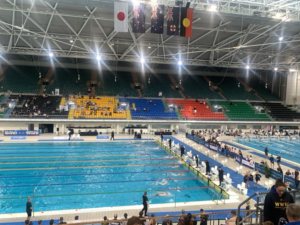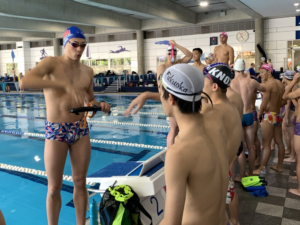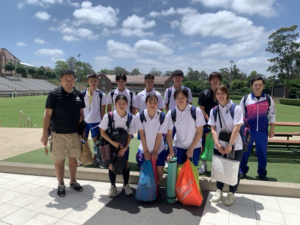In general, Japanese local governments must have normal revenue resources other than local bonds to cover their annual expenditures. However, they can issue local bonds to cover expenses for infrastructure such as roads and ports, public facilities such as museums and recycle centres, and for disaster recovery projects.
Compared to Australian local governments, Japanese local governments tend to issue bonds to build infrastructure whose cost should be shouldered long-term, based on the concept of equity of financial burden through generations. For example, once a new road has been constructed, your future grandchildren will also use that road.
In principle, when issuing local bonds, prefectures must consult with the Minister of Internal Affairs and Communications and municipalities must consult with the governors of their prefectures. This kind of consultation scheme makes it possible for local governments to take out long-term and low interest loans from public and private funds.
Because of expanding pressure on expenditure from an ageing society and shortage of tax revenue because of long term economic difficulties, Japanese local governments have relied on their local bonds too much to meet their expenditures.
That is why the total amount of local bonds all Japanese local governments have to repay in the future exceeds 200 trillion yen (about A$ 2 trillion)!!
One of the biggest challenges Japanese local governments face is to reduce the total amount of borrowings and get their financial capacities back to normal.

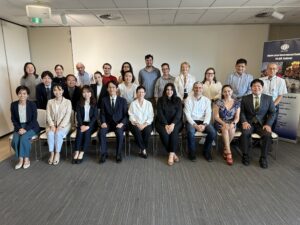
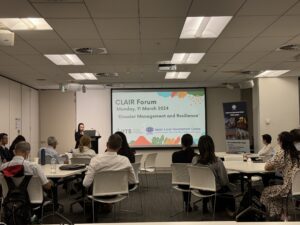
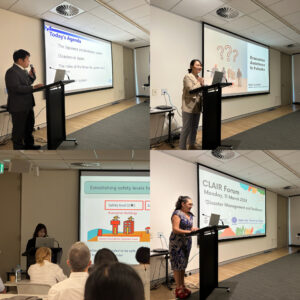
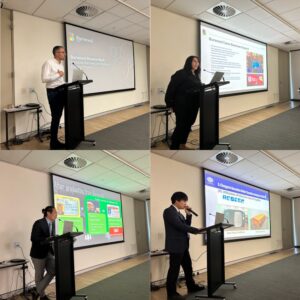
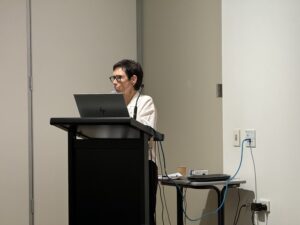
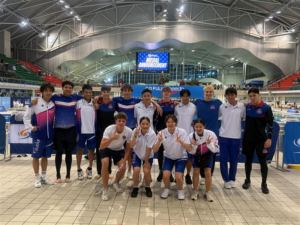 12月3~13日、福岡県水泳連盟の選抜選手8名がNSW州を訪問し、現地の学校との合同練習とNSW州の大会に参加しました。
12月3~13日、福岡県水泳連盟の選抜選手8名がNSW州を訪問し、現地の学校との合同練習とNSW州の大会に参加しました。